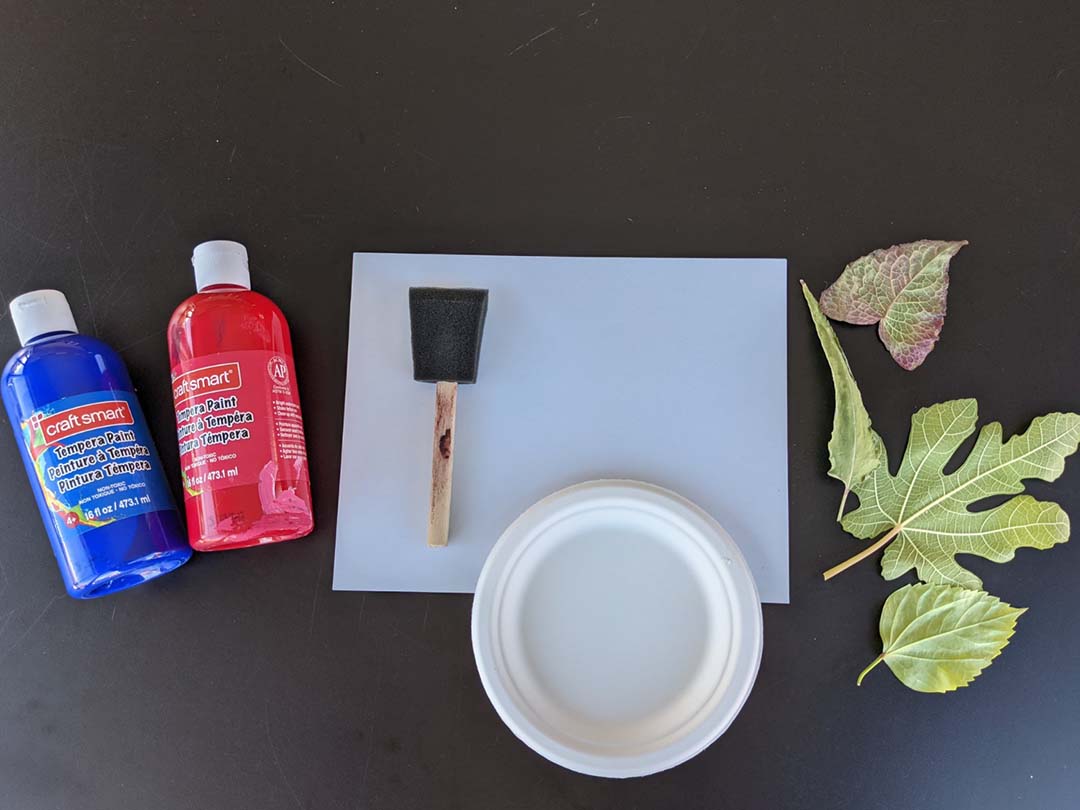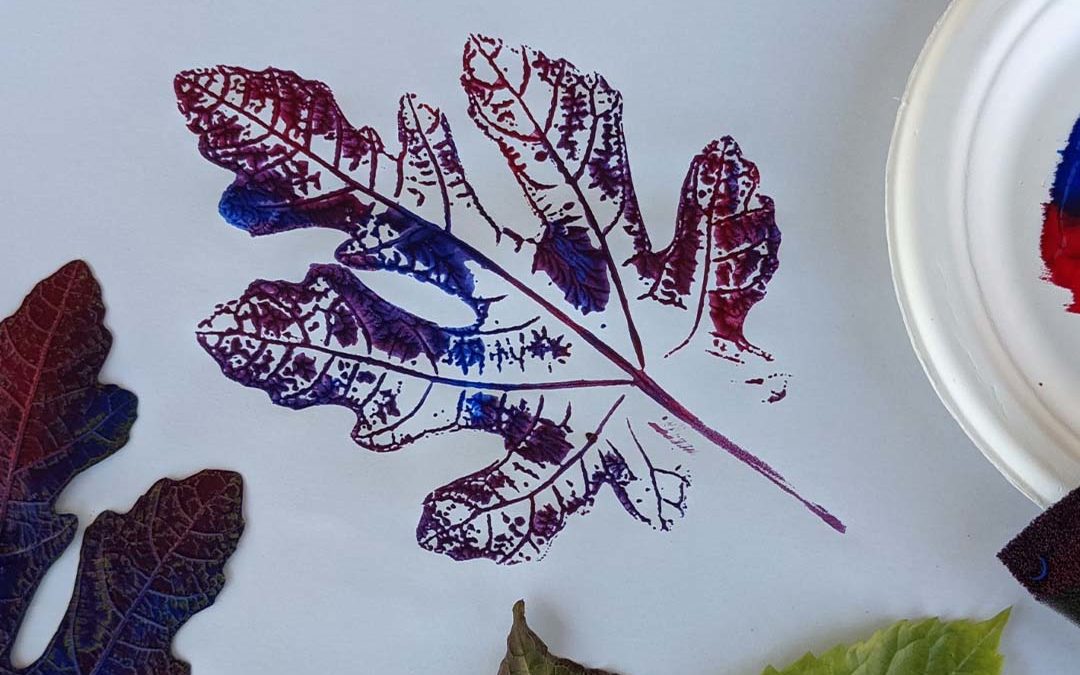How many different leaf shapes can you think of? Did you know that different leaf shapes have different names? For instance, leaves like the ones you see on hibiscus are called cordate which, is a fancy word for “heart-shaped”. Botanists use names like this to help them identify the different types of leaves that are all around us. It’s fun to discover all of the leaf varieties, big and small. For instance, have you ever noticed the size of the leaves on desert trees like the palo verde? It has teeny tiny leaves that protect it from losing too much water during the hot summer months. In fact, it can drop its leaves to conserve water and still stay alive by photosynthesis (a process that allows plants and other organisms to convert light into energy that the plant can eat) through its trunk! Leaves are amazing, they can provide a place to live for insects and other animals, give us shade on a hot day and provide us with clean air to breathe. Some people use leaves to make compost or to thatch their homes while others, may use them in recipes, like a spinach dip or a hot cup of mint tea. Join us as we guide you through this fun exploration of leaves.

Plant and Leaf Prints
For this activity, you will need some paper, paint, leaves, paper plate and a brush or sponge.
- Take a walk in your neighborhood to collect some different types of leaves.
- Lightly paint one side of a leaf with a brush or sponge then firmly press the painted side of the leaf onto a piece of paper. Congratulations, you have made a leaf print!
- Does it make a difference whether you paint it on the front or back? Can you see the veins of the leaf?
- Once your paper is dry you can fold it in half and write a note for someone special.
Optional extension activity: Make leaf rubbings with a crayon and paper by placing a leaf under paper. Then use the side of a crayon (or crayons) to color on the paper and watch the leaf magically appear! Flip your leaf and create another rubbing. How does this leaf look different than the first rubbing you did? What other things can you use to create leaf rubbings out of? Hint- bark, coins, most things with texture. Fun fact for caregivers, activities like coloring help young children build hand strength.




